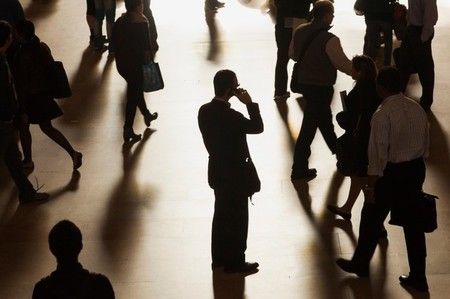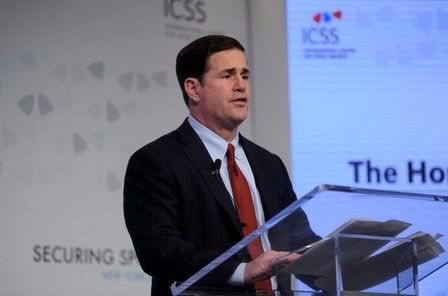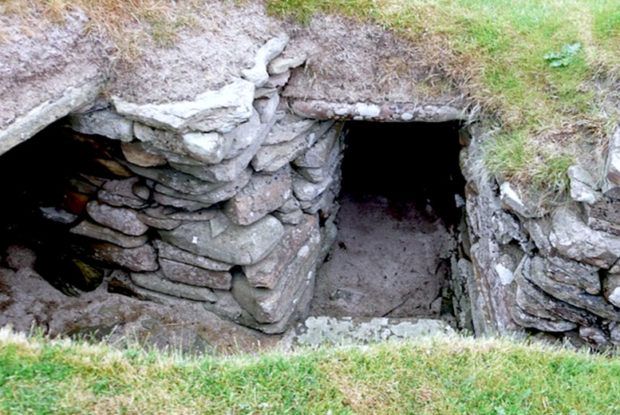Advertisement
U.S. court says no warrant needed for cellphone location data

By Dustin Volz
WASHINGTON (Reuters) – Police do not need a warrant to obtain a person’s cellphone location data held by wireless carriers, a U.S. appeals court ruled on Tuesday, dealing a setback to privacy advocates.
The full 4th U.S. Circuit Court of Appeals in Richmond, Virginia, voted 12-3 that the government can get the information under a decades-old legal theory that it had already been disclosed to a third party, in this case a telephone company.
The ruling overturns a divided 2015 opinion from the court’s three-judge panel and reduces the likelihood that the Supreme Court would consider the issue.
The decision arose from several armed robberies in Baltimore and Baltimore County, Maryland, in early 2011, leading to the convictions of Aaron Graham and Eric Jordan.
The convictions were based in part on 221 days of cellphone data investigators obtained from wireless provider Sprint, which included about 29,000 location records for the defendants, according to the appeals court opinion.
Writing for the majority, Judge Diana Motz said obtaining cell-site information did not violate the protection against unreasonable searches found in the Fourth Amendment of the U.S. Constitution because cellphone users are generally aware that they are voluntarily sharing such data with their provider.
“Anyone who has stepped outside to ‘get a signal,’ or has warned a caller of a potential loss of service before entering an elevator, understands, on some level, that location matters,” Motz wrote.
Judge James Wynn disagreed, arguing that users do not discretely submit their location the way they would when dialing a phone number or depositing money into a bank. Location data should be exempt from the third-party doctrine that affects more traditional records, Wynn argued.
The Supreme Court last year declined to review a separate test case on cell-site location information rising from another U.S. court of appeals, which had also ruled in favor of the government.
Last month, a panel of the 6th U.S. Circuit Court of Appeals also held that no warrant was required to obtain such data. The defendant filed a petition for a rehearing before the full court last week.
The Supreme Court may eventually need to rule on the issue as other plaintiffs file challenges in lower courts, said Nathan Freed Wessler, a lawyer with the American Civil Liberties Union, which filed a brief supporting Graham and Jordan.
The U.S. Justice Department declined to comment on the decision.
(Reporting by Dustin Volz; Editing by Richard Chang)











